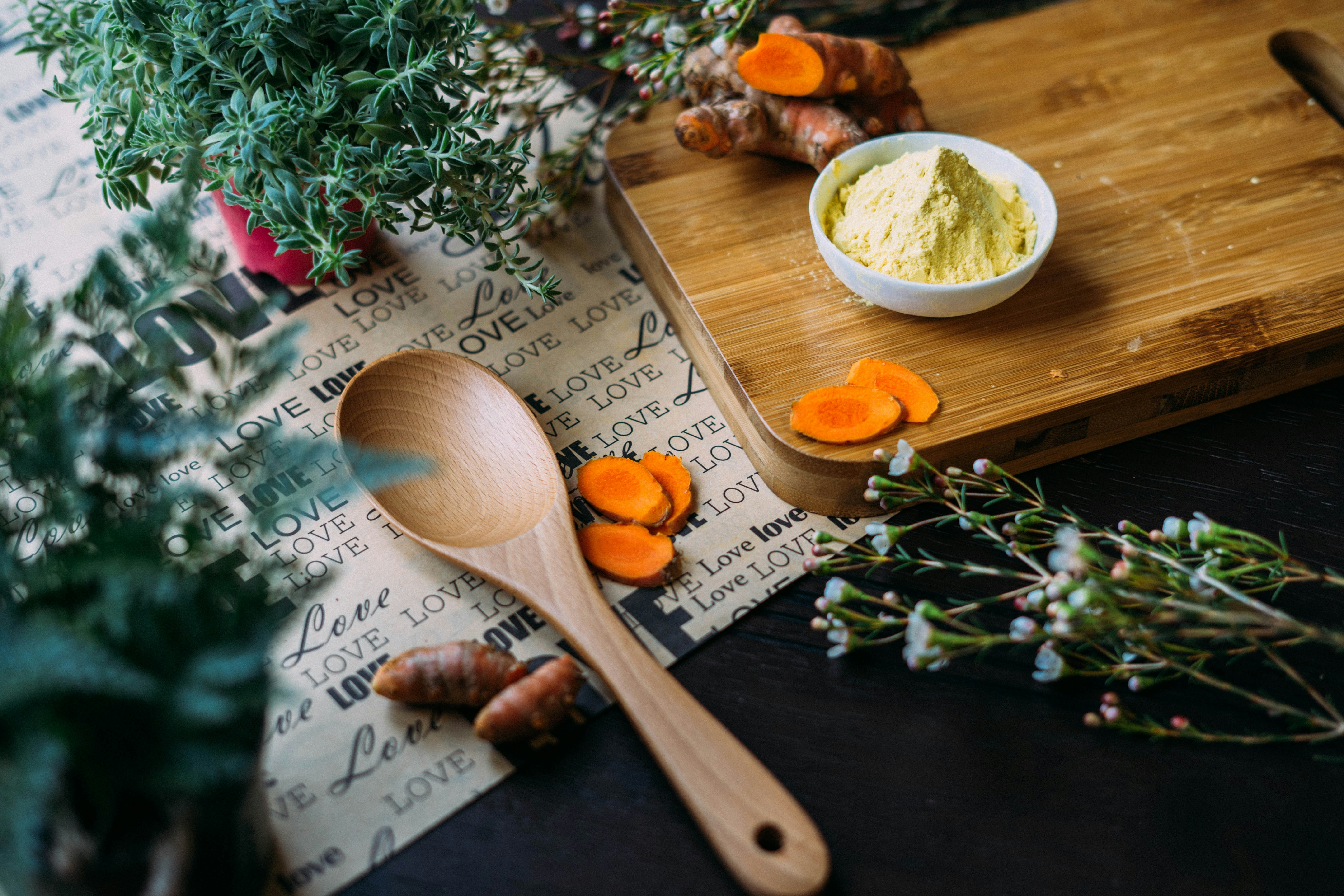
Menopause marks the end of one chapter and the beginning of another but that doesn’t mean it comes without its challenges. Hot flushes, night sweats, stubborn weight gain, insomnia, changes in mood, and skin dryness can make it feel like your body is no longer your own.
The good news? These symptoms are not something you just have to put up with. There are natural, evidence-based remedies that can help ease the transition and support your body to thrive through this new phase.
Here are 6 of our favourite naturopathic remedies for supporting post-menopausal health:
1. Herbal Medicine for Hormone Balance
Herbal medicine can be a gentle yet powerful way to support your body post-menopause. Certain herbs work to balance hormones, support the nervous system and ease symptoms like hot flushes and low mood.
- Sage: Traditionally used to reduce hot flushes and night sweats.
- Black Cohosh: A popular herb for managing oestrogen-related symptoms like irritability and heat.
- Shatavari: An Ayurvedic herb that supports the reproductive system, particularly useful during transitions.
- Withania (Ashwagandha): Helps reduce anxiety and support adrenal function, which becomes even more crucial post-menopause.
These herbs work best when prescribed and dosed appropriately by a qualified practitioner.
2. Magnesium for Sleep, Mood and Muscle Tension
If you’re feeling wired but tired, struggling with restless legs, or waking multiple times each night, magnesium could be your new best friend. It plays a vital role in nervous system regulation, hormone production, sleep quality and muscle relaxation.
Many post-menopausal women are low in magnesium, especially if experiencing chronic stress, poor sleep, or muscle tension.
- Opt for Magnesium glycinate or Magnesium bisglycinate for the most calming effect.
- Include magnesium-rich foods like leafy greens, pumpkin seeds, almonds and cacao daily.
3. Phytoestrogens From Diet
Phytoestrogens are natural plant compounds that gently mimic oestrogen in the body. While they’re much weaker than our own hormones, they can help bind to oestrogen receptors and reduce symptoms of oestrogen decline post-menopause.
Great sources of phytoestrogens include:
- Flaxseeds (ground fresh daily)
- Lentils, chickpeas, and other legumes
- Tofu and tempeh (organic and non-GMO preferred)
These foods are easy to include in smoothies, soups, or salads and offer the bonus of fibre and hormone-loving nutrients.
(Please avoid any of these foods if you have a known allergy or intolerance)
4. Nervous System Support Through Lifestyle
Your nervous system is deeply tied to hormonal function. After menopause, with oestrogen no longer buffering cortisol, stress can feel more intense and have a greater impact on your body.
Incorporating nervous system support is essential:
- Breathwork and meditation
- Daily movement like walking or yoga
- Time in nature or sunlight exposure
- Limiting screen time and prioritising rest
Regulating the nervous system helps reduce inflammation, supports sleep, improves digestion, and even stabilises weight.
5. Bone Health Nutrients
Oestrogen plays a key role in maintaining bone density, and post-menopausal women are at increased risk for osteoporosis.
Support your bones with:
- Calcium: From leafy greens, tahini, almonds and fortified plant milks
- Vitamin D3: Safe sun exposure or supplementing if levels are low
- Vitamin K2: Helps direct calcium into bones, found in fermented foods or as a supplement
- Boron and Magnesium: For bone structure and mineralisation
Tip: Regular weight-bearing exercise like resistance training also helps preserve bone mass.
6. Prioritising Gut and Liver Health
The gut and liver are your body’s detox and processing centres. After menopause, these organs help regulate hormone metabolism and manage inflammation.
Support them with:
- High-fibre, anti-inflammatory foods (think colourful veggies, chia seeds, oats)
- Bitter herbs and foods like rocket, dandelion, and lemon
- Staying hydrated and limiting alcohol
- Probiotic-rich foods like sauerkraut, kimchi and kefir (if tolerated)
When these systems are supported, your digestion, energy, skin and mood often improve too.
You Deserve To Thrive, Not Just Survive
Post-menopause isn’t the end of your wellness story. It’s an opportunity to slow down, tune in, and give your body what it truly needs. From calming your nervous system to nourishing your bones and hormones, naturopathic remedies can help you feel strong, steady and vibrant in this new season.
Need guidance tailored to you? Book a 1:1 Naturopathy consultation for personalised support.
Or start with our Foundations of Health Guide - your step-by-step plan to balance hormones, regulate stress, and support your whole body naturally.





